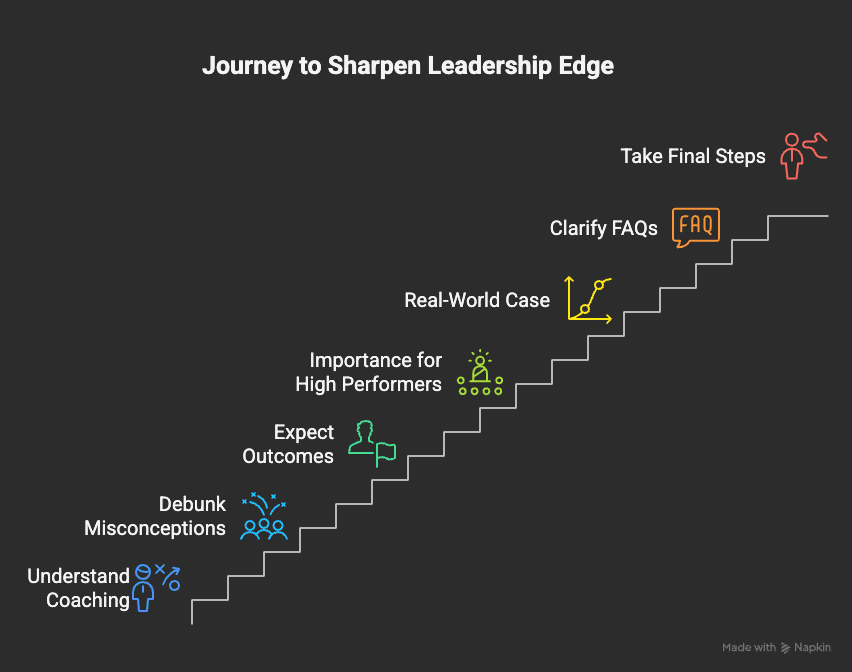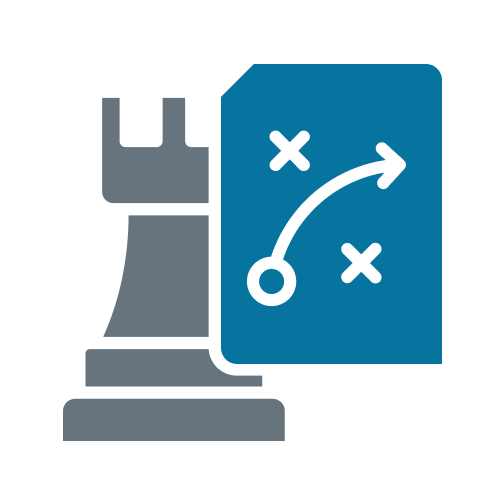Business mindset coaching is not what you think. It’s not motivational fluff, vague positivity, or therapy in disguise. If you’re a CEO, executive, or business owner, your biggest barrier might not be your strategy, your team, or the market. It might be your mindset—how you respond to pressure, complexity, and internal noise.
This isn’t about fixing weaknesses. It’s about removing friction from the system—your internal operating system. Think of it like upgrading the software running behind your decisions, communication, and leadership presence. When the operating system improves, everything downstream—from execution to culture—becomes more effective.
At Champion PSI, we coach leadership teams through these inflection points every day. The shift isn’t subtle. It’s a full recalibration of how leaders think, decide, and show up. This is what separates temporary progress from sustained performance—what we call the foundation of leadership development principles.
As you’ll see in this blog, the real power of business mindset coaching isn’t in what it teaches. It’s in what it reveals—and how quickly it helps high performers get out of their own way. The goal isn’t to become someone different. It’s to lead from the clearest, most effective version of who you already are.
Overview of the Topics
In this blog, we’ll explore:
- What business mindset coaching actually is
- Common misconceptions about business mindset coaching
- What business mindset coaching helps you achieve
- Why high performers need it most
- A real-world case study from Deloitte
- Frequently asked questions
- A conclusion with next steps
Each section will provide grounded insights, strategic clarity, and a look inside the real mechanics of what makes business mindset coaching so effective.

What Business Mindset Coaching Actually Is
Business mindset coaching is a high-leverage tool that helps leaders untangle the internal friction that shows up as hesitation, confusion, burnout, or underperformance. It’s the missing link between knowing what to do and executing when it counts. At its core, mindset coaching aligns internal habits with external outcomes—allowing leaders to operate with less noise and more clarity.
Unlike therapy, which processes the past, or consulting, which gives answers, coaching is about awareness. It creates a mirror—one that reflects your leadership habits, the stories you tell yourself, and the assumptions that shape your decisions. From there, a coach challenges those patterns, not to tear you down, but to rebuild something stronger.
Our process at Champion PSI is rooted in frameworks like Strength Deployment Inventory (SDI), Emotional Intelligence profiling, values clarification, and narrative coaching. These aren’t theoretical models—they’re tactical tools we use every day to help leaders surface patterns, understand behavior triggers, and create real behavioral change.
When implemented consistently, these tools shift a leader’s default state. They move from reactivity to responsiveness, from perfectionism to presence, and from decision fatigue to clarity under pressure. This is not soft skill development—it’s mental reconditioning at the executive level. It often complements practical frameworks like creating a strategic plan, ensuring that inner clarity matches outer execution. For a deeper dive into how we approach this work, see our top executive coaches.
Common Misconceptions About Business Mindset Coaching
There’s a lot of confusion and skepticism around what mindset coaching is—and isn’t. Most of it comes from well-meaning leaders who haven’t experienced it yet. Let’s clear the air.
One of the most common myths is that mindset coaching is just about positive thinking. That couldn’t be further from the truth. This work isn’t about slapping optimism onto real problems. It’s about exposing the mental filters that distort decision-making and applying practical tools to reframe them with accuracy and intention.
Another misconception is that it’s only for people who are struggling. In reality, it’s the high performers who benefit the most. Why? Because the higher you rise in leadership, the fewer people will challenge your thinking. Mindset coaching gives you that space—and the accountability to stay sharp.
Some still believe it’s just therapy in disguise. While both practices deal with patterns, the direction is different. Therapy looks back. Coaching looks forward. Therapy heals. Coaching builds. The two may overlap in language, but their focus is distinct.
And finally, there’s the myth that coaching is “too soft” to make a difference. But as Harvard Business Review and Boston Consulting Group highlight, coaching can directly impact transformation outcomes, with some studies showing over 70% success improvement when mindset coaching is embedded into the process. And as we’ve explored in our article on leadership team alignment, these mindset shifts often unlock broader cultural clarity across the entire leadership team.
What Business Mindset Coaching Helps You Achieve
The effects of mindset coaching aren’t theoretical—they’re practical, repeatable, and measurable. Leaders who commit to this process often experience an immediate reduction in mental noise, better decision velocity, and increased clarity in key conversations. It’s not about thinking differently just for the sake of it. It’s about thinking cleaner—especially under pressure.
Coaching helps you slow your thinking just enough to make better decisions faster. It helps you notice unhelpful emotional responses before they hijack a meeting. It gives you tools to self-correct in real time, so your leadership presence becomes more intentional, not reactive.
You’ll also see improved emotional regulation. This isn’t about numbing yourself or avoiding discomfort. It’s about staying composed when the room gets hot. Over time, this emotional steadiness builds psychological safety inside your team—which leads to stronger culture and performance.
The downstream effects are just as powerful. Teams follow the tone of the leader. When you operate from clarity and alignment, your team mirrors that. Characteristics of a strong team often stem directly from leaders who’ve done their internal work. Communication becomes cleaner. Collaboration improves. Engagement rises. And performance follows. The CEO Project’s data confirms that emotionally intelligent, data-informed leaders consistently outperform their peers.
Why High Performers Need It Most
The higher you climb, the more invisible your blind spots become. That’s why the best performers seek out coaching—not because they’re weak, but because they’re unwilling to let invisible patterns hold them back.
Coaching helps elite leaders challenge their internal scripts. The story that says, “I have to do it all myself.” The fear that says, “If I slow down, I’ll lose momentum.” The perfectionism that whispers, “You can’t let them see you hesitate.” These aren’t leadership strategies—they’re survival patterns.
McKinsey emphasizes that the world’s top CEOs prioritize internal reflection before making strategic shifts. They don’t just change strategy—they change how they think about strategy. That’s the edge mindset coaching provides. And as we outline in Top 5 strategy mistakes CEOs make, many of the most common executive pitfalls are rooted in unexamined beliefs—not flawed business models.
Real-World Case Study: Deloitte’s Coaching Strategy for New Partners
Deloitte Canada faced a recurring challenge familiar to many professional services firms: how to prepare newly promoted partners for the shift from technical expert to strategic leader. These leaders were talented, driven, and deeply experienced—but not all were fully equipped to lead at the level the role demanded.
To address this, Deloitte launched a coaching-intensive program focused on helping new partners clarify values, refine decision-making, and strengthen leadership presence. The program emphasized real-time application over theory, embedding business mindset coaching directly into their day-to-day challenges. Sessions centered on high-stakes communication, conflict navigation, and aligning personal identity with the firm’s broader mission.
The outcomes were tangible. Participants reported increased self-awareness, faster integration into their new roles, and stronger relationships with both clients and teams. Many also cited the coaching experience as a key contributor to long-term confidence and clarity in leadership. These principles align closely with what we teach in 12 components of a successful strategy meeting, where mindset and structure go hand in hand.
🔗 Read the full Deloitte case study
Frequently Asked Questions
What is business mindset coaching?
It’s a structured process that helps leaders think more clearly, act more intentionally, and respond more effectively under pressure. It focuses on identifying unhelpful patterns and replacing them with aligned, high-performing behavior.
Is this just another trend?
No. As confirmed by Harvard Business Review, coaching and mentoring are now considered essential tools in modern leadership development.
Can entrepreneurs benefit too?
Absolutely. Entrepreneurs face unique internal battles—imposter syndrome, decision fatigue, over-functioning. Coaching provides the space to slow down, reflect, and reset their thinking in service of sustainable growth.
How long does it take to see results?
Many clients feel immediate shifts in clarity and confidence after their first few sessions. However, real transformation typically compounds over a 3–6 month cycle with consistent coaching.
What’s the ROI?
Increased clarity. Better decision-making. Improved culture. Retention. Revenue. As seen in our executive coaching benefits, coaching consistently returns value across both people and performance metrics.
Business Mindset Coaching Is Not What You Think: Conclusion
The biggest risk in leadership is not the market, your team, or your competitors. It’s leading from a mindset that no longer serves you—and not realizing it until damage is already done.
Business mindset coaching isn’t a luxury. It’s not a trend. It’s a strategic imperative. When done right, it’s the most direct route to becoming the clearest, calmest, most effective version of yourself.
Ready to get started? Book a free 30-minute call with an expert coach to explore how business mindset coaching can support your goals.










